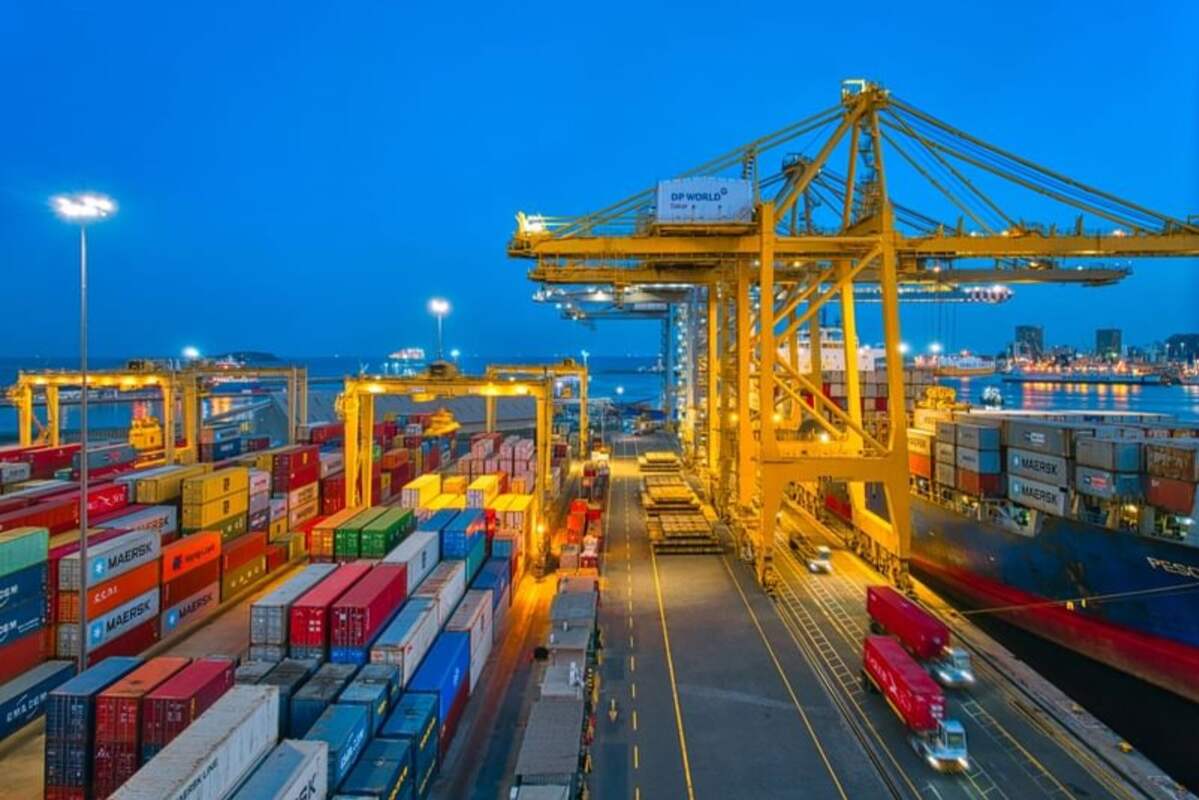Dubai-based global port operator DP World Limited has reported strong financial performance for the first half of 2024, demonstrating resilience in the face of ongoing global challenges.
Revenue for the period ending June 30, 2024, increased by 3.3 percent year-over-year to $9,335 million ($9.3 billion). While adjusted EBITDA declined by 4.3 percent to $2,497 million ($2.4 billion), the adjusted EBITDA margin remained healthy at 26.8 percent.
This performance was driven by robust growth in container volumes, with like-for-like gross container volumes expanding by 6.1 percent. This growth was particularly strong in the Americas, Europe, Asia Pacific, and Jebel Ali.
DP World invested $994 million in capital expenditures during the first half of 2024, compared to $910 million in the same period last year. This investment was strategically allocated across the company’s portfolio, with $593 million directed towards Ports and Terminals, $278 million towards Logistics and Parks and Economic Zones, $122 million towards Marine Services, and $1 million towards Head Office.
Strategic expansion across Asia, Africa, and North America
DP World has projected capital expenditures of approximately $2.0 billion for the full year 2024. This investment will focus on key projects in the UAE, including Drydocks World, as well as strategic expansions in London Gateway (United Kingdom), Inland logistics (India), Dakar (Senegal), East Java (Indonesia), Callao (Peru), Jeddah (Saudi Arabia), Dar Es Salam (Tanzania), DP World Logistics (Africa), and Fraser Surrey Docks (Canada).
Focus on organic growth in logistics
DP World Group Chairman and CEO, Sultan Ahmed Bin Sulayem, stated that their investments in logistics had been focused on organically expanding their freight forwarding platform, which now encompassed over 90 percent of global trade across more than 150 locations worldwide. He added that strategic investments in sectors poised for high growth allowed them to provide value-added services and that they remained dedicated to continuously improving their logistics capabilities. This included tackling supply chain inefficiencies and enhancing connectivity in key trade corridors to better support cargo owners.
For more news on banking & finance, click here.








